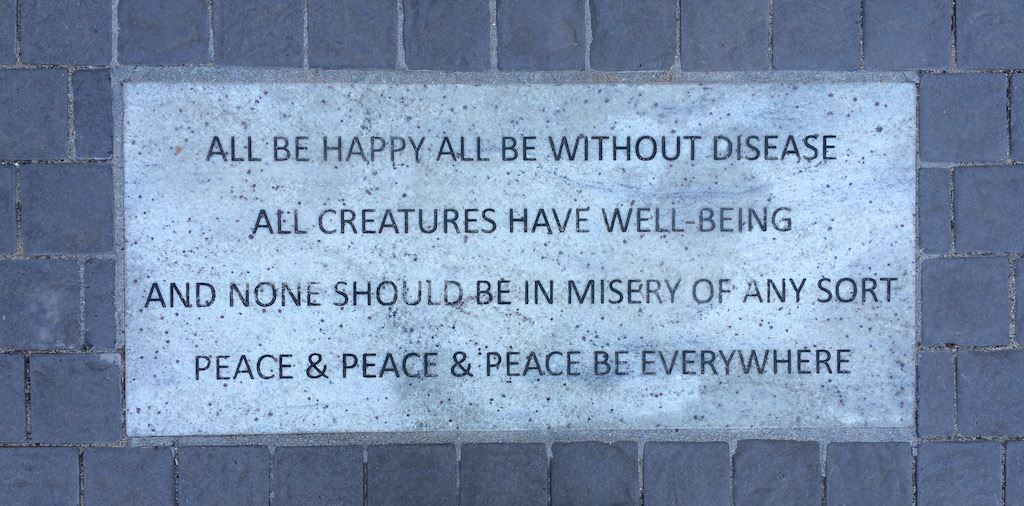School of practical Philosophy |
Frequently Asked Questions |
Q1. What is the scope of the Introduction to Practical Philosophy (Starter Course), and can the study be taken further?Answer: The Intro to Practical Philosophy Course lasts 10 weeks. It is quite broad in its scope, but obviously cannot examine subjects in the detail or depth necessary to gain a full understanding. Students attending the Intro Course are offered the opportunity to continue with further Foundation Courses which cover a range of topics such as Happiness, Love, Freedom, Presence of Mind, etc. Following the completion of these courses, students may then continue their studies for as long as they wish on a term by term basis, usually in more settled groups. Q2. Is there any homework?Answer: Yes and no. There is no formal homework. In the spirit of the basic approach, however, students are invited to put the knowledge into practice and to observe its effect and relevance in their own experience. This is seen as an essential part in deriving the fuller benefit of the courses. Observations arising from these efforts also become an invaluable contribution to the meetings. For example, a very simple exercise is given during the first meeting, for students to practice each day. This provides a means of stilling the mind and coming completely to rest on two or three occasions each day. After students have attended a number of the Foundation Courses (usually after a year or so - exceptions are possible), a simple method of meditation is introduced.Q3. What type of meditation does the school offer?Answer: The meditation is very simple and very gentle. It makes use of a mantra and was devised and made available by one of the ancient philosophical traditions of India. This is in the same tradition as the transcendental meditation widely practiced in the West. Q4. What overall benefit can I expect to derive from the Foundation Courses?Answer: Life in the world is often unpredictable and turbulent. We tend to be at the mercy of events external to ourselves, and experience happiness and sorrow accordingly. The courses are intended to provide a deeper insight into the nature of the world and a practical means of going beyond the ordinary awareness in order to experience the peace and happiness of our own essential being. Q5. Why ‘practical’ philosophy?Answer: Philosophy is not simply an academic pursuit. The aim is to discover the vital essence of the subject by putting the knowledge expounded by the wise - past and present, into practice in daily life. The principle suggested is for students to accept or reject nothing on first hearing, but simply to be open to the ideas presented and to draw conclusions based on direct experience. Q6. Is any prior knowledge needed?Answer: No - the only qualifications are an open mind and a thoughtful approach to life. The course is designed to appeal to a wide cross section of students. Q7. When will a particular Foundation Course be offered next?Answer: Towards the end of each course, students are provided with recommendations as to which course would be suitable for them to take next. People are, in addition, free to choose their own route through the courses. Which courses are on offer at a particular time depends on the expected demand and the availability of tutors. |  At the entrance to the school building |
